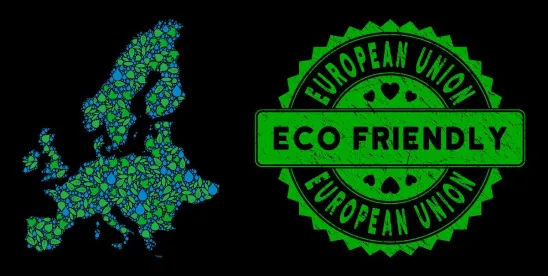First, in a record time of less than two months, the so-called ‘Stop the clock’ Directive (EU) 2025/794 was adopted and published in the EU official journal.
The Directive amends the Corporate Sustainability Due Diligence Directive (‘CSDDD’) and Corporate Sustainability Reporting Directive (‘CSRD’), thereby delaying the two flagship ESG legislation’s entry into application and transposition deadlines.
This entails the following changes:
- The application of CRD reporting requirements is postponed by two years, for large companies that have not yet started reporting, and for listed SMEs; and
- In the case of the more recent CSDDD, the transposition deadline is postponed by one year (e.g. 26 July 2027) while the first phase of its application is also postponed by one year.
Member States have until 31 December 2025 to transpose the Stop the clock Directive. Until then, national transposition norms implementing the requirements of the CSRD remain in force.
A period of uncertainty thus remains until their adoption, although we can expect a swift action by the Member States.
Meanwhile, the EU’s co-legislators have made progress with the examination of the proposed Substantive Amendments to the CSRD and CSDDD requirements.
The European Parliament presented a first work timetable, announcing that the JURI Committee in charge of the file would present a draft report (e.g. a draft EP position on the text) on 23-24 June. MEPs will have until 27 June to prepare amendments, with a vote in Committee on 13 October 2025.
The Council’s Presidency on the other hand has issued a first version of its position on the text on 16 April 2025.
This suggests that trilogue discussions between the co-legislations would not be held until the end of the year, with an adoption in 2026 at the earliest.
In this regard, uncertainty will remain for the industry until then, with the possibility that the postponement of deadlines introduced by the Stop the clock Directive be insufficient to account for potentially lengthy negotiations between the two institutions.






 />i
/>i

